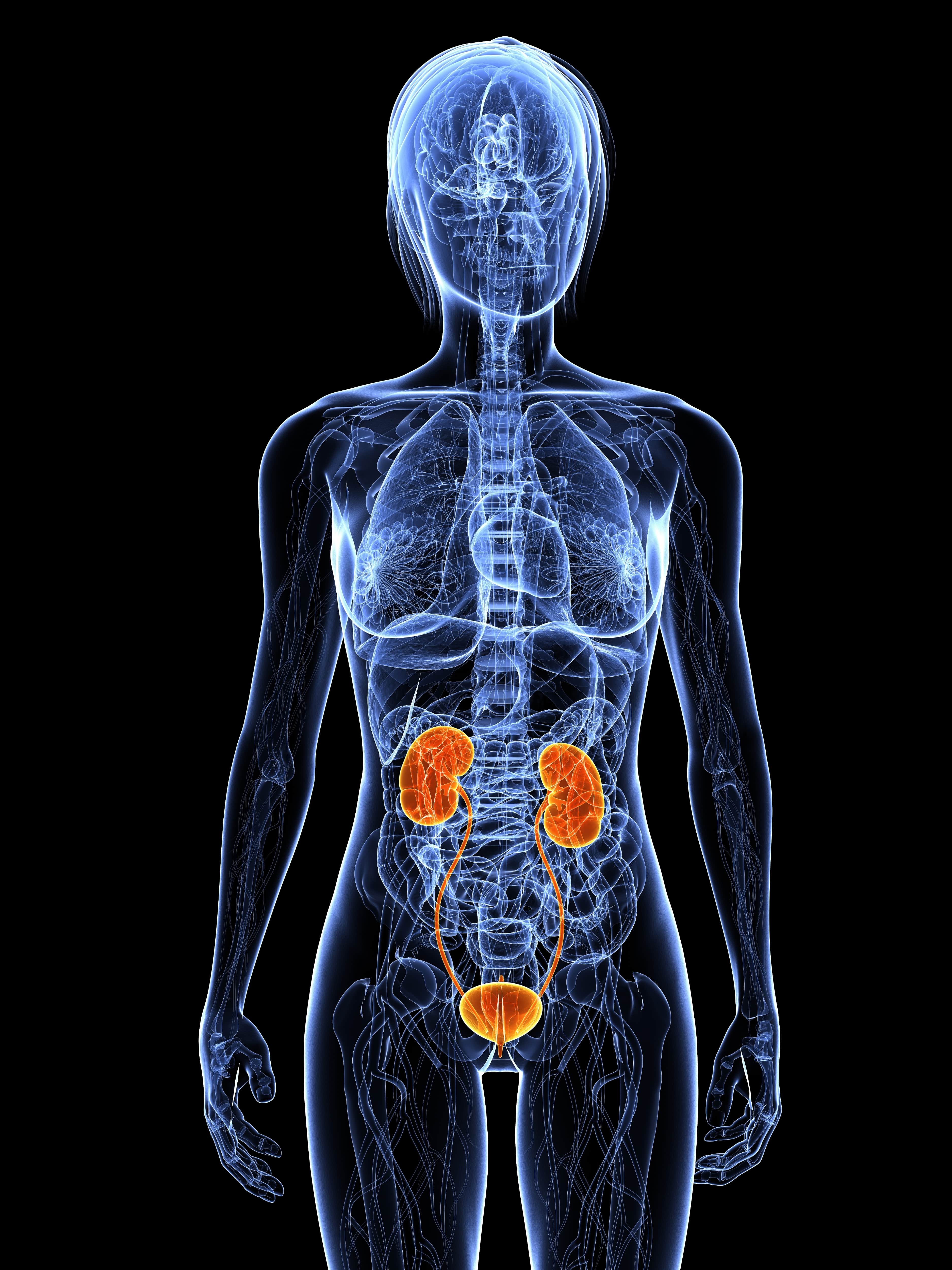This is the seventh blog in a new series that introduces the major systems in the human body. In this blog, we’ll cover the urinary system.
The urinary system filters blood while removing waste. It consists of the kidneys, ureters, bladder, and urethra.
The kidneys are vital organs for survival. They filter nearly 200 liters of blood each day and reabsorb nutrients, vitamins, amino acids, glucose, small proteins, and cations (positively charged ions). Kidney function diminishes as you get older because the number of filtering units, called nephrons, decreases.
The ureters carry urine from the kidneys to the bladder. They are muscular tubes lined by cells that are designed to allow you to stretch and accommodate the urine.
The bladder can hold between 1.5 and 2 cups of urine. The capacity of the bladder decreases with age because it becomes less stretchy. Therefore, it can’t hold as much urine as before.
The urethra allows the exit of urine from the body. It can become partially or totally blocked in men by an enlarged prostate gland and in women due to muscles that become weaker and cause the vagina or bladder to fall out of position.
The Boom Health app allows you to manage your loved one’s home care in one app and takes the stress out of organizing care. Download the app on the App Store or Google Play Store.
This article is not intended to be a substitute for professional medical advice or diagnosis. Always seek the advice of your physician or another qualified health provider with any questions you may have regarding a medical condition.





